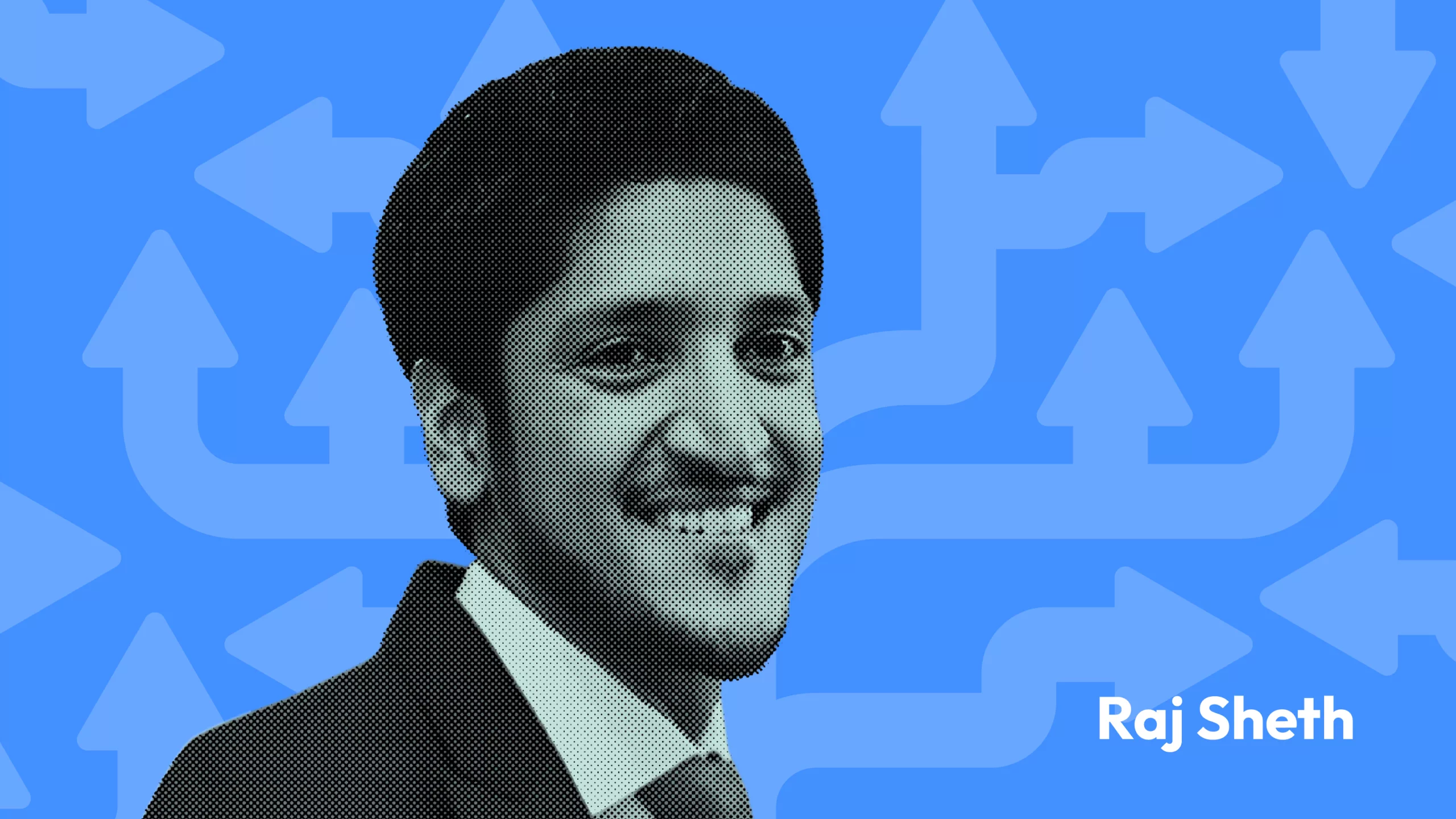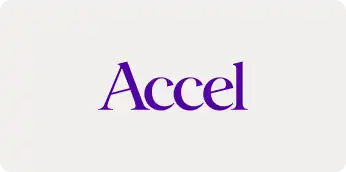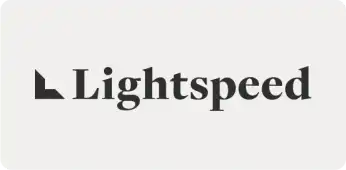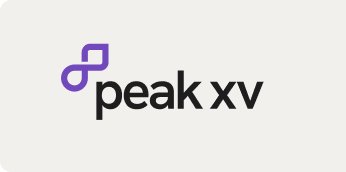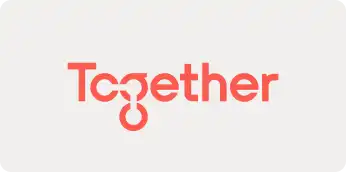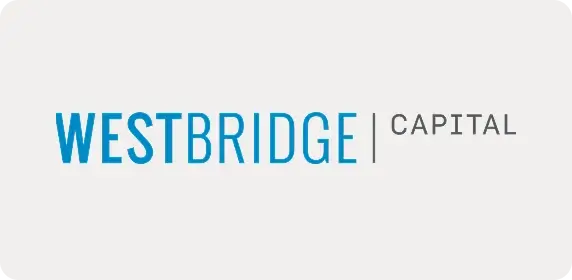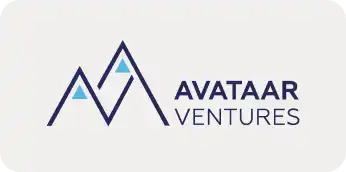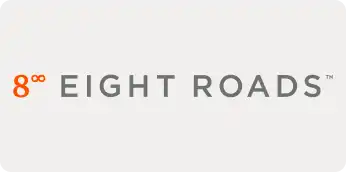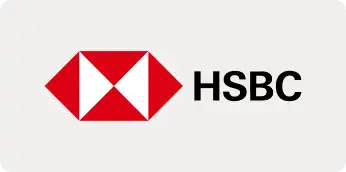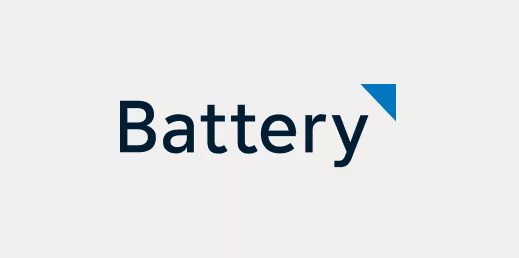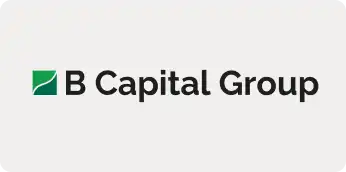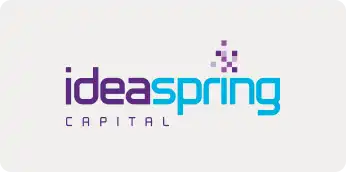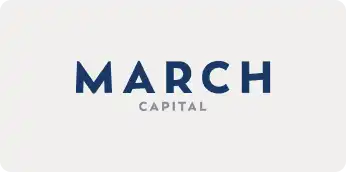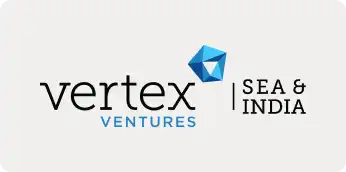Ankur Joshi had a treasure chest of entrepreneurial experience to dip into when he decided to start up again in 2018. He had run three ventures, notably a QSR chain RushHrs, and a B2B e-commerce marketplace Blaez, and had held a senior role at Tapzo. But when he launched Nuclei, which has gone on to develop digital solutions for banks, his focus was on the mistakes he had made and seen others making and on ensuring that he did not repeat them.
This strategy has worked out well for Ankur and Nuclei. The bootstrapped company today counts 17 banks in India, Middle East and South East Asia as its clients and is at an ARR of $4 million. Nuclei, with an employee strength of 95, is targeting over 50% growth year-on-year. I spoke to Ankur about Nuclei, what he has done differently in his latest entrepreneurial Avatar and what next for the startup.
Edited excerpts:
Q: Ankur, what was different in your Nuclei startup journey compared to your previous entrepreneurial experiences?
Ankur: While we have built successful startups, we have also made a lot of mistakes during our previous startup journeys. We wanted to make sure that we didn’t repeat those mistakes when we started up again. We realized, in hindsight, that with our earlier startups, we were not thinking big enough right from the start.
Eventually, you would hit a ceiling and realize that you just never planned to grow beyond this point. When we started Nuclei we were very clear that we would build a product that is global in nature, and would cater to the global market and not just the India market. We were also sure we would diversify revenue streams. We had this mindset from Day One. Every decision we made, and every step we took, whether it was regarding building the team or building the product, was informed by this mindset of being global.
We were also very clear that we wanted to build a sustainable business and not one where the idea from day one was to sell the business at some point of time. I was very clear that this time around I want to build a company not just a startup that we sell or flip in a few years.
Q. How did these decisions, to be global and to build sustainably, inform your strategy and ops?
Ankur: We wanted to build a long-term sustainable business and for that it was very important that we attain profitability from day one and not depend on external flow of capital. I was not looking at growing rapidly in two to three years and then exiting. I wanted to put the company at a steady state of growth that compounded year on year and essentially build the company over seven to eight years. Quite honestly a good business gets built over decades.
This propelled us to not raise VC funds and to not think B2C, because the amount of marketing dollars required to build and scale a B2C startup is insane and that would have forced us to raise funds. This is why we went the B2B2C route, where the revenue would start flowing from day one. The customer acquisition cost would be at the business level and not at an individual level and that’s more rational and easier to absorb. So we build products used by the end user but distributed through businesses, which in our case is banks.
Every decision was taken through this lens of long term sustainability and global market focus. It could be something as simple as deciding to build the product keeping in mind that it will eventually be multi currency and multi lingual.
Q: Did you zero in on banks as your focus right from the start?
Ankur: The focus was on how we get distribution and it was not just the banking vertical, we were also initially exploring others like telco and insurance. We roamed around Southeast Asia, Middle East, and India and met around 100 organisations over a period of about six months and eventually we settled on banks, because the distribution was easier and more engaging and it allowed us to be profitable and sustainable. In the future we might expand into other verticals.
Q: Do take us through how you came up with your core product.
Ankur: We had an inkling of the product we wanted to build when we started out on our market research but, as is the case with every startup, the initial idea and what came out in the market are two very different products. Our product was shaped as we conversed with one banker to the next.
Nuclei’s core product is essentially a marketplace where we have a platform that sits between a bank and any third party. Our platform integrates the APIs of any third party who wants to work with the bank. We also create the frontend customer experience for the bank in their look and feel and all this gets bundled into an SDK.
The bank does not have to go through the whole integration process with each third party, or handle the partner management. They have to just license our platform and go live with those third parties, whom we have already integrated. These offerings could be recharges, mutual funds, digital gold, or even content for financial education. It is cheaper for the bank compared to if they build this out themselves. We launched the product in November 2019 and today we work with 17 banks across India, Middle East and Southeast Asia.
We have also built a product around credit cards. This is a pure digital banking play where we see the credit card as a separate product that has a lot of potential. A number of banks have still not banked on the digital journeys of these credit cards and having a standard journey and a rich set of features is something we believe will be beneficial for the bank. For this we have partnered with Mastercard and together we are approaching banks for digitizing their complete credit card portfolio. This product went live just a couple of months back and we hope to go live with four to five more banks before the close of this financial year.
Q. How did you go about cracking the global market?
Ankur: Like any other Enterprise SaaS company, for us too the sales cycles are longer but we cracked a few clients, like Federal Bank and ICICI Bank, very early. This helped us in the India market. Getting clients outside India has definitely been tougher and the pandemic has not made it easy. Over the past few months bankers have become comfortable doing business remotely. Even in the sales process we see this slow building of comfort and banks are purchasing products like ours through an entirely remote sales process.
More than the distance, for a young startup building trust is the biggest challenge. Here, partnerships have helped. We have partnerships with Mastercard, Microsoft and others and that has brought us trust and credibility and helped open doors. Also, our focus internally has been on making sure that the quality of the end product that we are releasing needs to be very high. This is what will ultimately build trust.
Q: What are you focusing on next?
Ankur: I keep saying this, but for me the product is not what we are building – the products are the outcome. Primarily for this year the objective is for us to level up 80% of our team. The next focus is to diversify our revenue stream across product lines. We want to ensure revenues come from four to five product lines and not just the current two. The third focus is on growth; we want to scale the number of banks we work with to 60 in the next two years and increase our geographical spread.
Our team of 95 are all in India. We are a completely remote workplace and we have team members living in around 22 states. We will be hiring globally soon and across functions. We will be location-agnostic; as long as the person is a good fit and adds value the location they are in does not matter.
Q. You mentioned building a long-term sustainable company as a goal of yours. What are the steps you are taking to achieve this goal?
Ankur: It is very clear to me that building a good culture is incredibly important. We know this cannot happen overnight and we have definitely made mistakes on the way. For instance, we have learned through experience that the right attitude in the team and team members is oftentimes more important than the right skill sets. We made that mistake a few times in terms of optimizing for the skill and not optimizing for the attitude and definitely burned our hands as a company. We have learned from those mistakes and are making sure that the culture of the company is right.
When we talk about long-term sustainability, an important component is ensuring that the team also gets to participate in the growth of the company. As a bootstrapped company, it should not just be the founders who generate wealth for themselves. Generally, startups, especially those that raise external funds, create a 10% ESOP pool. This is what we also did in our previous startups.
At Nuclei we created a 25% pool. Also, instead of ESOP we opted for SAR (Stock Appreciation Rights) to make it more accessible for employees. SAR is easier to manage. It does not have an annual vesting model; there isn’t any cliff. We have monthly vesting, starting from the month the employee joins the company. Since there are no external investors, there is no scope for frothy valuations of the company. The idea is that the valuation on paper is the actual valuation of the company if it is sold today. So we do not have problems that other startups face like liquidation preference that leads to value erosion for employees and even founders in some cases at other startups.
Also, since we are not looking at selling the company off, we have also kept aside money for buybacks. We want to open up a liquidity window every year, so employees can take advantage of that opportunity.








